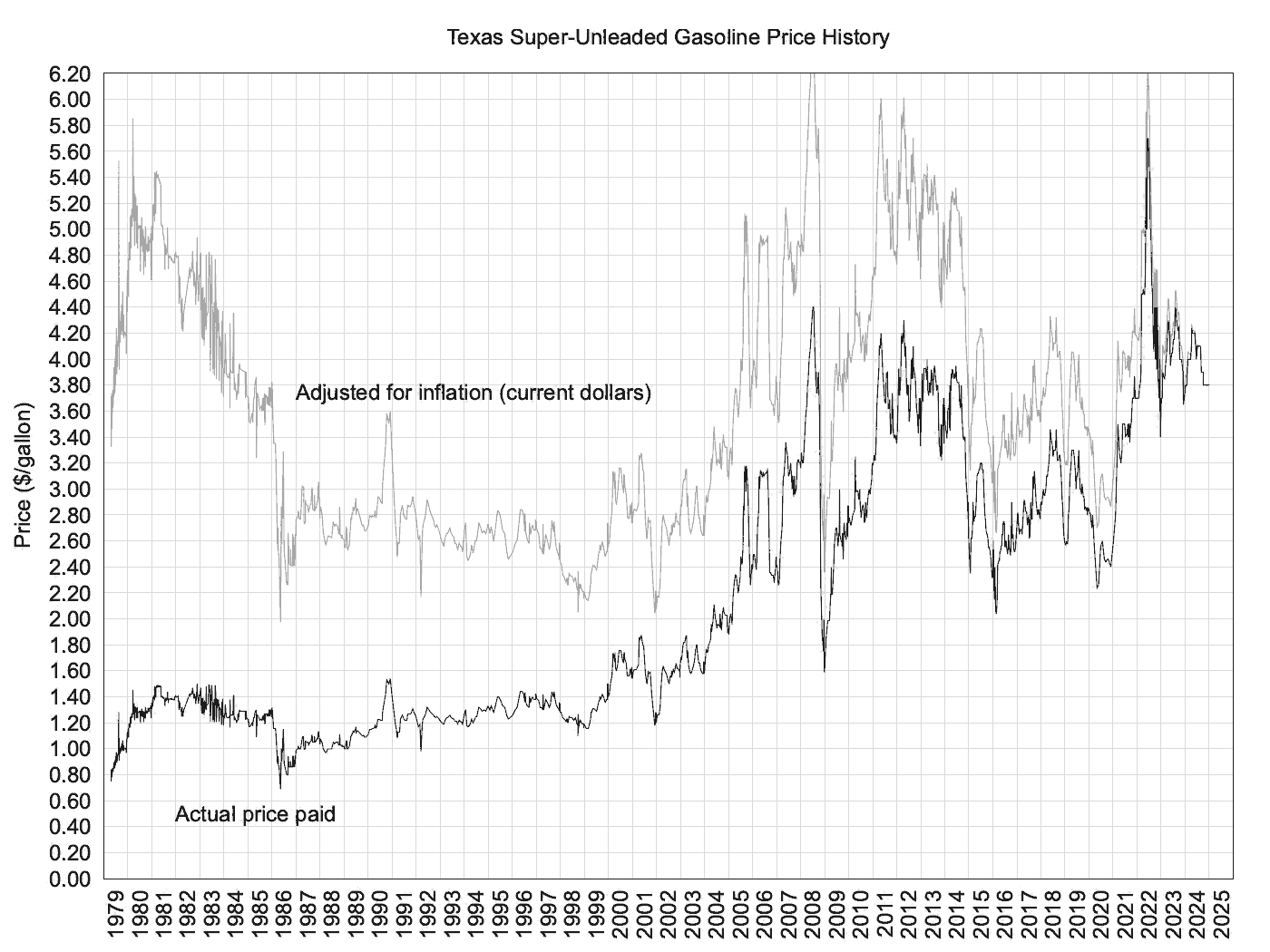Fact #1: At current production rates, the world's crude oil output is approximately 3.8 billion gallons each day. That's over 91 million barrels each day.
Fact #2: The closing price of crude oil on April 28, 2011, is $112.76 USD.
The current liberal explanation for the rising cost of crude oil is that "speculators" are manipulating the market in an effort to drive up prices and create some sort of windfall for themselves. How would that work? What sort of actions could an individual or group take that would raise the price of oil, without raising the costs of producing that oil? The only way to raising the price of anything without raising the underlying costs is to do one of two things: increase the demand for it, or reduce the supply of it.
If we take for granted that a small group of investors can't cause millions upon millions of people to desire more oil, then their only choice is to reduce the supply of available oil. And how could they do that? By either keeping it from being produced in the first place, or by buying up available oil before it can get to consumers.
Returning to the facts stated above...
Barrels Produced per day: 91,373,613
Price per barrel: $112.76
So in order to buy a day's worth of oil ... or 0.27% of the oil produced in a year ... someone would need to come up with $10,303,288,613 USD.
It's not possible to cause the kinds of price increases we've seen by taking only 0.27% of the supply off the market. You'd need to take at least 1% of that supply, or over $50 billion worth of oil, to move the price. And then you'd need to store it somewhere. And then, in order to make a profit off of this action, you would need to have enough money to buy and sell oil that you weren't storing. That's ridiculous. The only entities with that kind of available cash are sovereign governments.
Bottom line is this.
Speculators are not to blame for a 65% rise in oil prices. The cause is that democrat policies have unnecessarily restricted the production of oil, so that the market cannot respond adequately to the demands of a modern, powered world.
